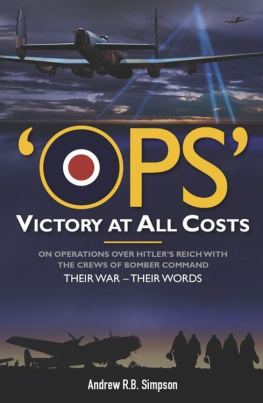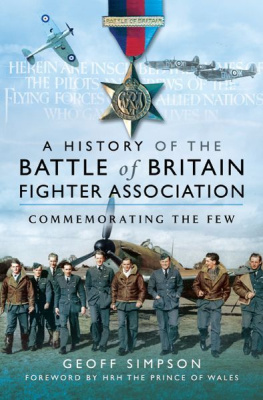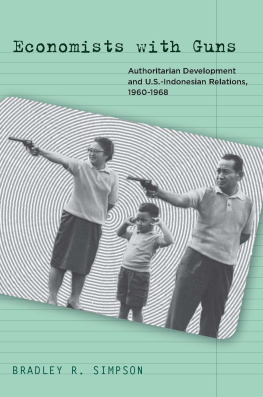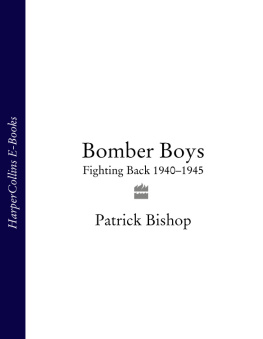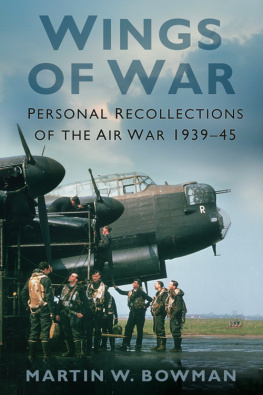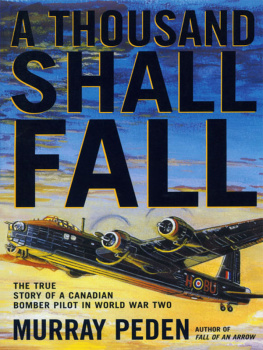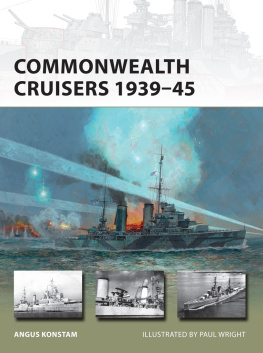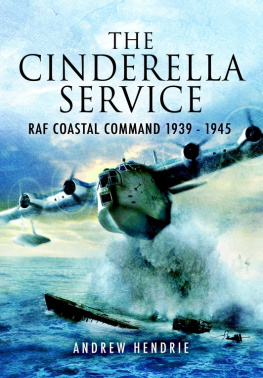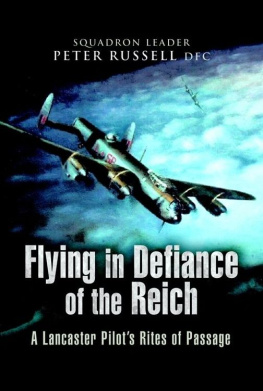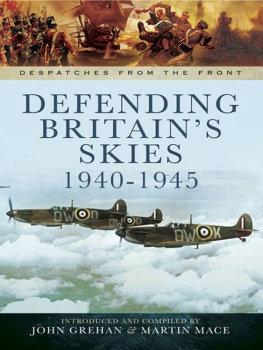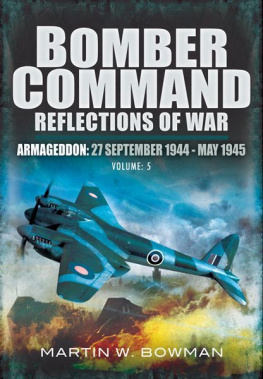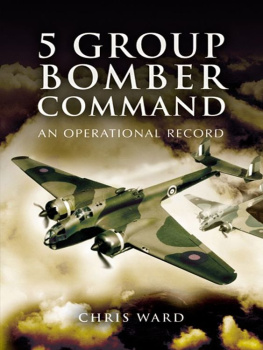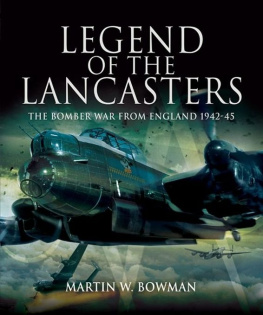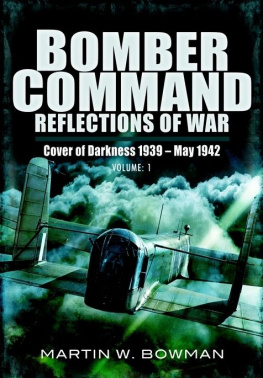

Published in Great Britain in 2012 by
Tattered Flag Press
PO Box 2240
Pulborough
West Sussex RH20 9AL
England
www.thetatteredflag.com
Tattered Flag Press is an imprint of Chevron Publishing Ltd.
Ops
Andrew R.B. Simpson 2012
All rights reserved. No part of this book may be reproduced, stored in a retrieval system, transmitted in any form or by any means, electronic, or mechanical including by photocopying or scanning, or be held on the internet or elsewhere, or recorded or otherwise, without the written permission of the publisher.
Jacket Design: Tim Brown and Mark Nelson Cartography Tim Brown 2012
Tattered Flag Press wishes to acknowledge the kind contributions of Murray R. Barber, Tim Brown, Eddie J. Creek, Ken Merrick and ww2images during the preparation of this book British Library Cataloguing in Publication Data A Catalogue Record for this book is available from the British Library
ISBN 978-0-9555977-6-3
EISBN 978-0-9555977-9-4
Design by Mark Nelson, Sydney, NSW
Printed and bound in the UK by the MPG Books Group, Bodmin and King's Lynn
Copyright
Illegal copying and selling of publications deprives authors, publishers and booksellers of income, without which there would be no investment in new books. Unauthorised versions of publications are also likely to be inferior in quality and contain incorrect information. You can help by reporting copyright infringements and acts of piracy to the Publisher or the UK Copyright Service.
For more information on books published by Tattered Flag Press visit:
www.thetatteredflag.com
Also by Andrew R.B. Simpson:
Another Life: Lawrence after Arabia, 2007
ISBN 978-1-86227-464-8
Never a day passes that you don't remember those days. You shake your head in disbelief that you managed to come through. Years afterwards I found it easy to delude myself, to think that, after all, it had been no more than an exhilarating adventure. In truth, those who survived were the tip of the iceberg of the dead. Only a few of us were real warriors, but we saw some very ordinary men do some extraordinary things.
DON CHARLWOOD, NAVIGATOR, 103 SQUADRON from Journeys into Night, 1991
It was the wartime RAF that gave a direction and a discipline to my life, and taught me that professionalism and teamwork are the prerequisites of all human achievement. There I was shown what men and women can achieve when they are united in pursuit of a common goal clearly defined as just and good, and which they know they must attain at all costs.
LEONARD CHESHIRE, CO, 617 SQUADRON from The Hidden World, 1981
CONTENTS
PREFACE
T HIS book originated following long conversations with my father about his service in Bomber Command during World War Two, life in Stalag Luft III and his thoughts on the war generally. My Dad was an Australian from New South Wales. He returned to Australia with his new English wife for a brief spell after the war, but then circumstances dictated a return to England. Eventually, over the years, he lost touch with most of his former aircrew apart from one. Gradually they died off, until in the 1990s only three of them remained. Then, out of the blue in 1992, we were contacted by the son of his first flight engineer, who had been killed during the war. This led much later, to a brief telephone call to his first rear gunner, Wally Maltby, in 2005. Sadly Wally died shortly after this and eventually, in 2007, my Dad also succumbed. He fell over one morning outside the local grocery shop, going straight down onto his forehead without protecting himself. He told a local person that he had been blinded by the sun. Within a few minutes he was taken into the local hospital.
We managed to contact the paramedic who sat beside him in the ambulance. He said he had seemed a very nice man, and had spent most of the time talking about the war. It was the last conversation he had. Shortly after that he passed into a coma in which he remained until passing away two and a half days later. We were all very shocked, but glad that it was over quickly. If he had survived he would have been wheelchair-bound and have lost almost all his memory.
After my Dad died I was overwhelmed by a terrible sadness. This wasn't so much for him alone, but it was for an era that I felt had ended; for a generation of men who had done something very important that was fast disappearing, never to return. I have heard young men scoff at old fogies reminiscing about the war. I pity them in their ignorance. But it wasn't this that was so upsetting. In the present age, when there is so little respect, people like the boys in blue the bomber boys of the RAF are not being replaced. The world will never see their like again.
In order to ease my feelings I instigated my own catharsis. I set about contacting as many veterans as I could. I had always heard this one story: now I wanted to hear others like it first hand. It makes a difference when you talk to people personally. They all have a similar quality: they are all people with an underlying self-respect, not a pride, but a self-respect for having contributed to something great. In these vastly different times it may be difficult for youngsters over two generations below them to relate to their experiences. I hope that this book, in some way, may alter that. Without being melodramatic, they are a generation to whom we owe our lives.
Andrew R.B. Simpson
FOREWORD
BY
JOHN NICHOL
I HAVE written a number of books involving the Bomber Command crews of the Second World War. I have always been staggered by the stories the veterans told me of the horrors they endured and the dangers they faced. The death toll amongst the aircrews of Bomber Command was horrendous: it had one of the highest casualty rates of any combat unit during World War Two. Of the 110,000 men that joined the force, 55,573 were killed. Put simply, they had an evens chance of dying. And die for their country they did, in terrible ways shot, burned, drowned or literally blown out of the sky in pieces. One veteran told me of a jaw-dropping fact that put the dangers they faced into horrifyingly simple terms: on one single night in March 1944, more men from Bomber Command were killed than the RAF's total aircrew casualties during the whole of the Battle of Britain.
I have read many books about aircrew in World War Two and few seem to talk about the reality of warfare. For the most part, they concentrate on the jolly japes, the heroics and the fun side of life in the military. Having served in the RAF for 15 years I can testify that there is much bravery and always plenty of fun. But the reality of seeing friends die, facing death yourself, and more importantly, facing the fear of death, can be a traumatic experience.
Recording the memories of the Bomber Command aircrew is crucial in understanding the sacrifice they made during the darkest hours of World War Two and books like Ops form an important part of military history.
Lest We Forget.
John Nichol
Military Historian
July, 2010
AUTHOR'S INTRODUCTION
I F this is a book about war, then it is also a book about people. I make no apologies for this: in a war it is people who are killed and people who kill them. 47,268 men of the Royal Air Force were killed flying on operations against Germany in World War Two. The majority of them were what historian Sir Max Hastings described as very ordinary men. If you passed them in the street you probably wouldn't notice them. Around 1,000 of them remain today: ordinary men, the majority of whom looked ordinary, had ordinary names, and did ordinary jobs, but, when it was required of them, they did extraordinary things.
Next page
